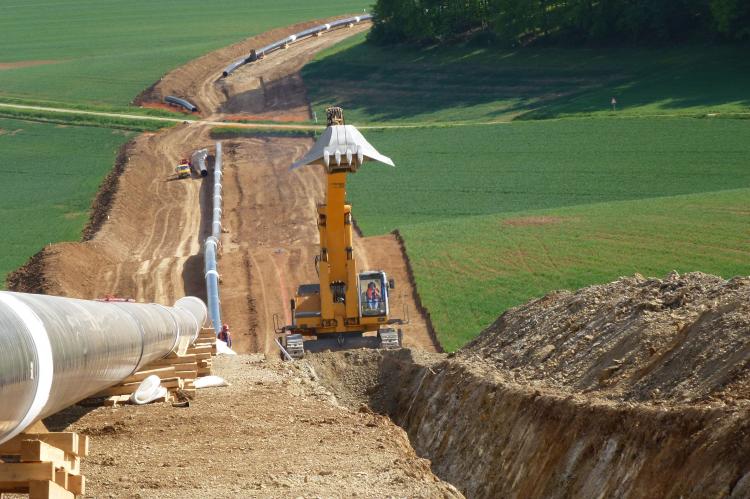Quality control in the passive corrosion protection – the coating inspector

A highly sophisticated and well coordinated active and passive corrosion protection is mandatory for a long-lasting integrity and an error-free operation of a new pipeline. Furthermore, importance from an economic point of view it is of essential importance for the achievement of the target lifetime.
The passive corrosion protection includes all activities shielding the steel from corrosive media. This can be realized for instance either by a suited plating or coating or by constructional features. With respect of the construction of buried pipelines there is a detailed technical regulation for all relevant applications.
Beside the choice of the correct material and its quality a high-grade workmanship is of crucial significance, especially in the course of field joint coatings. After successful implementation of the tools of error prevention like product training or optimal material usage, according to the Poka Yoke principle, coming from the automotive industry, only the possibility of inspection of sources of error remains. Applied to the pipeline construction this means quality control of the used components and materials as well of the coating works in the field.
For this reason coating inspectors have been established for the first time in 2012 within the framework of the pipeline project Loop Sannerz-Rimpar of the Open Grid Europe GmbH, in order to execute the mentioned tasks of inspection of sources of errors / quality control. Since then the acceptance of this specifically skilled expert in the pipeline industry is backed by a draft technical standard prepared in a DVGW committee. It describes the qualification as well as the duties and responsibilities of the coating experts.


